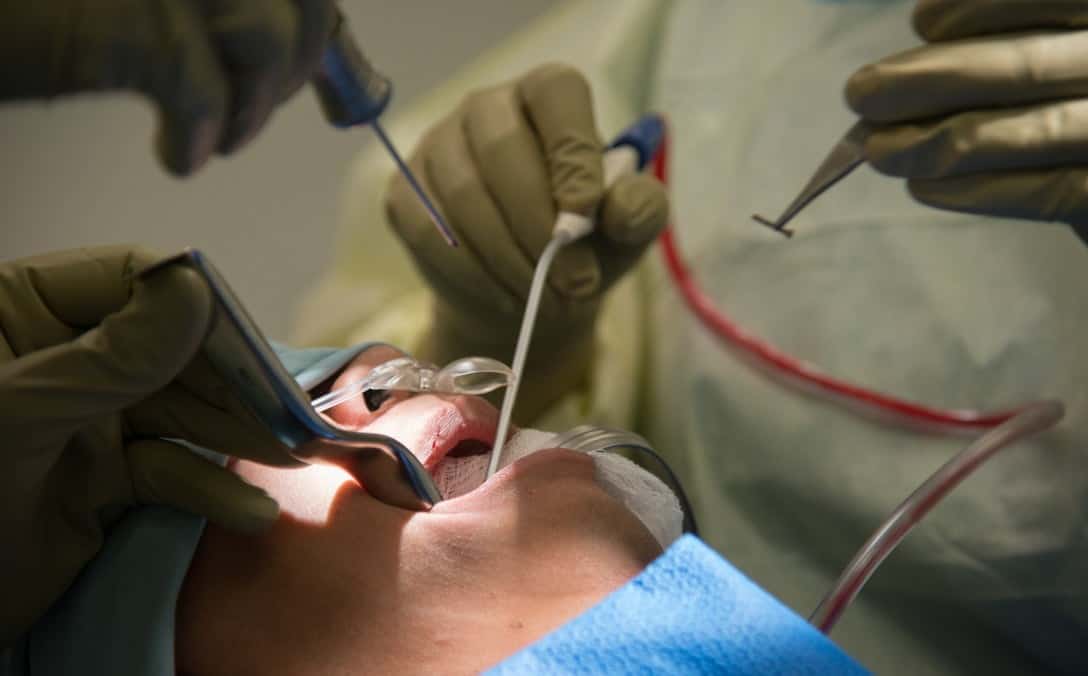It is also known as orthognathic surgery. An Terminology whose refers to the procedure performed to the study, prevention, diagnosis, treatment, and rehabilitation of problems related to the anatomy of the face, skull, head, and, neck. Including the oral cavity: tongue and teeth.
In the case of maxillofacial surgeries linked to the oral cavity, these are performed jointly by a dentist and a maxillofacial surgeon aiming to treat specific diseases of the mouth and every structure involved into it, such as teeth, gums, lips, tongue, palate, salivary glands, and jaw.
Difference between a maxillofacial surgeon and a dentist
Some patients use to ask about differences existing between these two professionals. The answer to such a question is yes, there are a few differences.
When are maxillofacial surgeries performed?
Several surgical procedures can be performed in maxillofacial surgery in the oral cavity:
- Facial reconstructions through surgery, aiming to treat genetic malformations or those produced by an accident or disease.
- Extraction of tumors or oral cysts.
- Complex extraction of teeth or molars: for example, the removal of the four wisdom teeth together.
- To perform the placement of dental bone grafts.
- Either treatments or reconstructions in patients with a history of dental oncology.
Maxillofacial surgery phases
Maxillofacial surgeries are basically divided into four phases:
Phase 1: Study and planning
This phase consists of making an exhaustive diagnosis and detailed planning of the whole process. This phase has to be conducted jointly by the maxillofacial surgeon and the dentist. At this stage, facial analysis, soft tissue studies, X-rays, three-dimensional studies, and preoperative studies must be carried out.
Phase 2: Orthodontics
In most cases, an orthodontic work must be done before the surgery. Its purpose is to rectify the dental misplacement, and this usually lasts about 16-20 months as well as this is both essential and unavoidable in most cases.
Phase 3: Surgical intervention
In this phase, the surgical procedure itself is performed. Even surgeries performed on outpatient need general anesthesia, so it requires a few hours- to-days of in-hospital stay after the procedure.
Phase 4: Post-surgery
When is it proscribed to perform maxillofacial surgery?
There are two cases in which this surgery is not the most recommended option:
- When the patient is pregnant or is planning to become pregnant since the recovery process takes some months, where she will have to take some medicines that are contraindicated in cases of pregnancy.
- Patients with cardiopathy. In case it is strictly necessary to submit the patient to an operation of this type, such surgery is performed with exhaustive monitoring of the whole process to avoid possible complications, previous authorization of the patient’s cardiologist.


